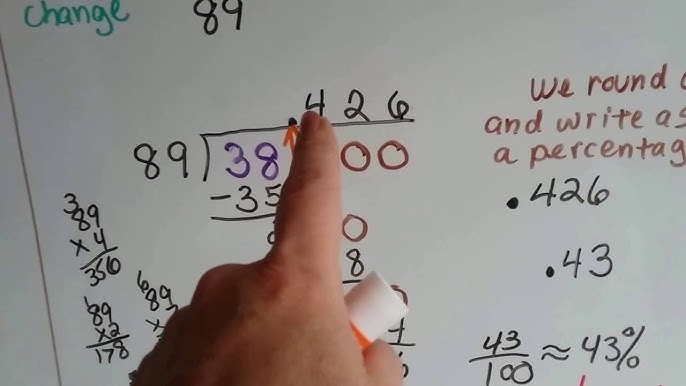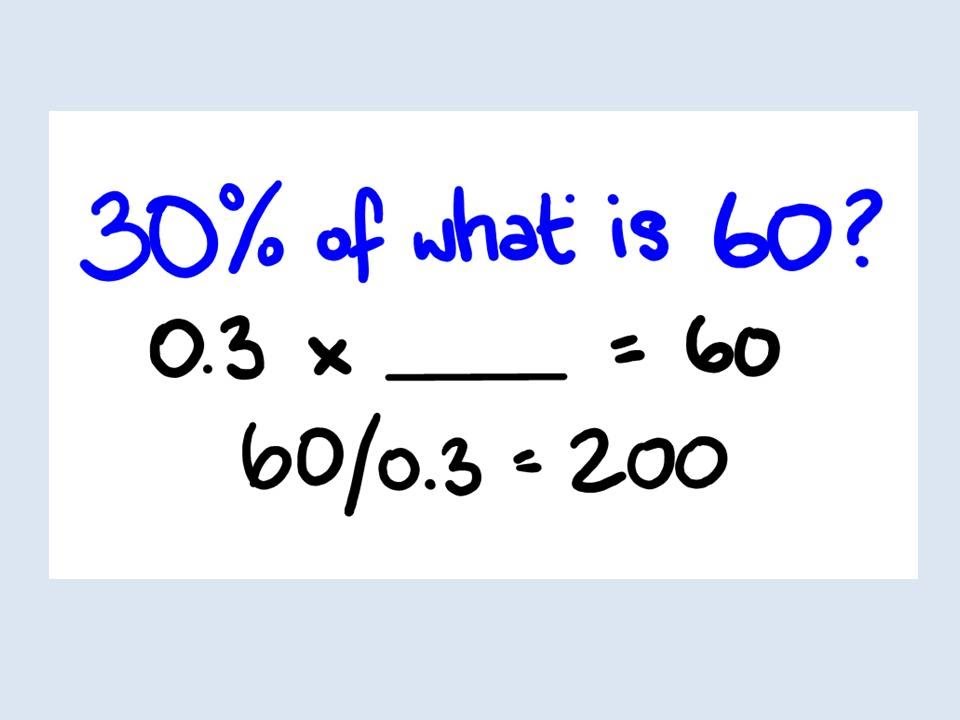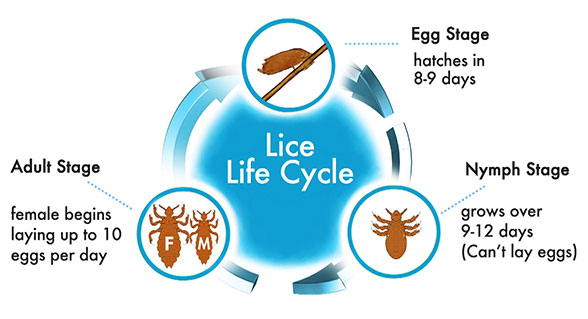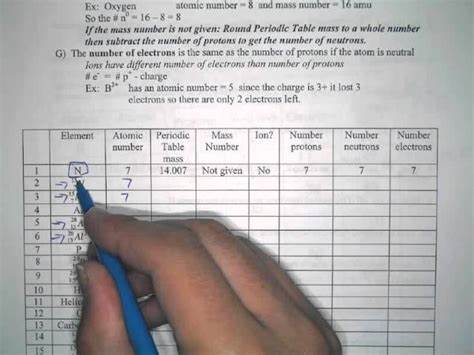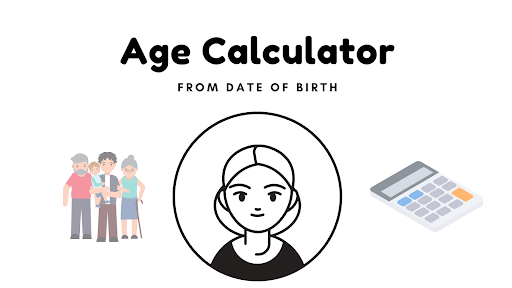how long to get over a breakup calculator
how long to get over a breakup calculator
The "How Long to Get Over a Breakup Calculator" is a tool designed to provide users with an estimate of the time it might take to recover emotionally after a breakup. By considering various factors such as the duration of the relationship, the reasons for the breakup, and individual coping mechanisms, the calculator aims to offer personalized insights into the healing process. While not an exact science, it serves as a guide to help individuals navigate the challenging journey of post-breakup recovery.
There isn't a specific "how long to get over a breakup calculator" as the emotional healing process varies greatly from person to person. However, here are some factors to consider when estimating the time it might take to move on after a breakup:
-
Duration of the Relationship: Longer relationships may take more time to recover from compared to shorter ones.
-
Intensity of Feelings: The depth of emotions involved in the relationship can impact the time needed for healing.
-
Reasons for the Breakup: The circumstances leading to the breakup, whether amicable or tumultuous, can influence the healing process.
-
Personal Coping Mechanisms: Individual coping strategies, such as seeking support from friends and family, engaging in activities, or seeking professional help, play a significant role.
-
Self-Reflection and Growth: The extent to which individuals reflect on the relationship, learn from it, and grow personally can influence the recovery timeline.
-
External Support: Having a strong support system can expedite the healing process.
Remember, it's essential to be patient with yourself and allow the necessary time for healing. If you find it challenging to cope, seeking support from friends, family, or a mental health professional can be beneficial. Everyone's healing journey is unique, and there is no one-size-fits-all timeline for getting over a breakup.
-
How long does it take to be normal after a breakup?
- The time it takes to feel "normal" after a breakup varies for each individual. It can range from a few weeks to several months or even longer. Factors such as the duration and intensity of the relationship, personal coping mechanisms, and the level of emotional investment all contribute to the healing process.
-
How long after a breakup is it really over?
- The emotional process of moving on after a breakup is subjective. While the relationship may officially end when the breakup occurs, the emotional recovery period differs from person to person. Closure and acceptance can take time, and it's essential to allow oneself the space needed to heal emotionally.
-
What is the 6-month rule in a breakup?
- The "6-month rule" is a general guideline that suggests it may take around six months to start feeling significant improvements in emotional well-being after a breakup. This timeframe is not a strict rule but rather a rough estimate, and individual experiences may vary. Healing often involves a gradual process of acceptance, self-reflection, and moving forward.
-
How many years does it take to heal from a breakup?
- There is no fixed timeline for healing from a breakup, as the process is highly individualized. Healing can occur over months or even years, depending on various factors, including the nature of the relationship, the reasons for the breakup, and personal resilience. It's important to focus on self-care, seek support, and allow oneself the necessary time to recover emotionally.
-
How long does it take a guy to miss you?
- The time it takes for someone to start missing you after a breakup varies. It depends on factors such as the nature of the relationship, the reasons for the breakup, and individual emotional processing. Some people may start to miss their ex-partner soon after the separation, while others may take more time. There is no fixed timeframe, and it's crucial to focus on personal healing rather than waiting for someone else's feelings to change.
-
Why am I still heartbroken 7 months later?
- Healing from a breakup is a unique and subjective process. Several factors can contribute to prolonged heartbreak, including the depth of emotional attachment, the circumstances of the breakup, and individual coping mechanisms. It's common for healing to take time, and everyone progresses at their own pace. If you find it challenging to move forward after seven months, consider seeking support from friends, family, or a mental health professional to explore and address the underlying emotions and challenges.

